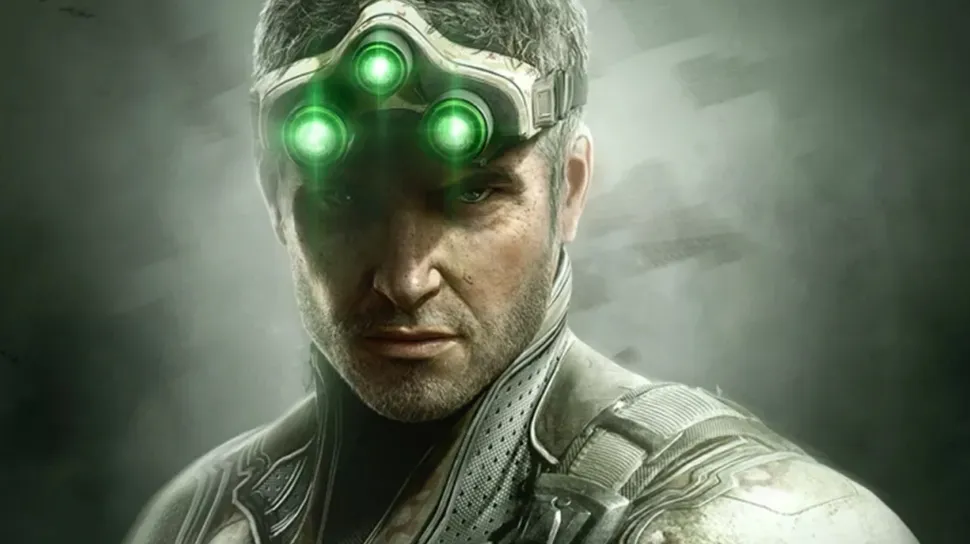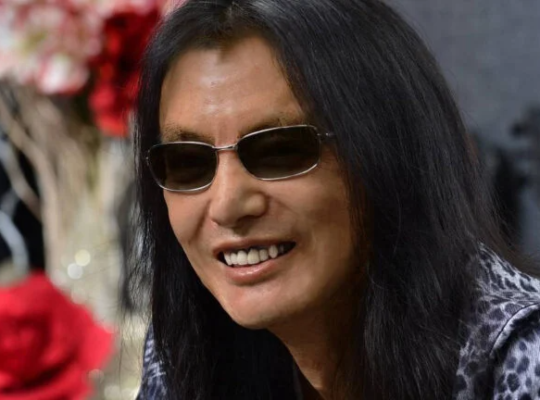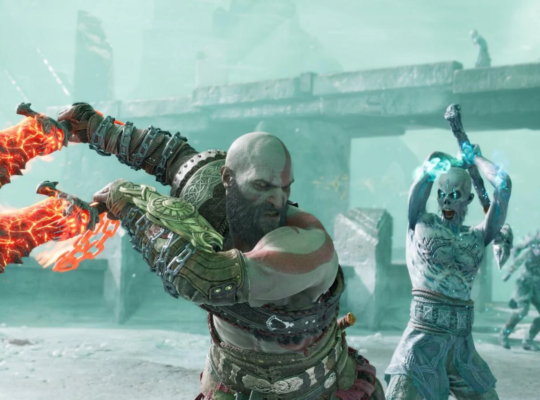Francois Coulon, the director of the original Splinter Cell, recently discussed how Hideo Kojima’s Metal Gear Solid influenced the development of Splinter Cell’s stealth mechanics. In an interview with Retro Gamer, Coulon acknowledged that Metal Gear Solid set the standard for stealth games, providing a clear set of rules that guided the Splinter Cell team.
Metal Gear Solid, released in 1998, didn’t invent the stealth genre, but it popularized it with its intricate levels and stealth-focused gameplay. The game’s complex narrative and ambitious cutscenes are often highlighted, but it’s the game’s meticulous stealth mechanics that had a lasting impact on the industry.
“MGS showed us how stealth mechanics should be done,” Coulon explained. He pointed out that Metal Gear Solid’s clear rules were crucial for creating a smooth gameplay experience, ensuring players understood their objectives and the consequences of their actions. “It is a complete and consistent set of rules that set the way for any stealth game,” he added. “Remove one of its elements and the experience will be dull, frustrating, or ridiculous. MGS was perfectly executed in that regard.”
Splinter Cell, which debuted in 2002, borrowed heavily from these principles, ensuring that players had a clear understanding of how to navigate and interact with their environment stealthily. This foundation helped establish Splinter Cell as a prominent series in the stealth genre.
Both Metal Gear Solid and Splinter Cell have seen significant developments over the years. Konami is currently working on a Metal Gear Solid 3 remake, while Ubisoft has announced a Splinter Cell remake, which has yet to resurface since its announcement three years ago.






1 Comment